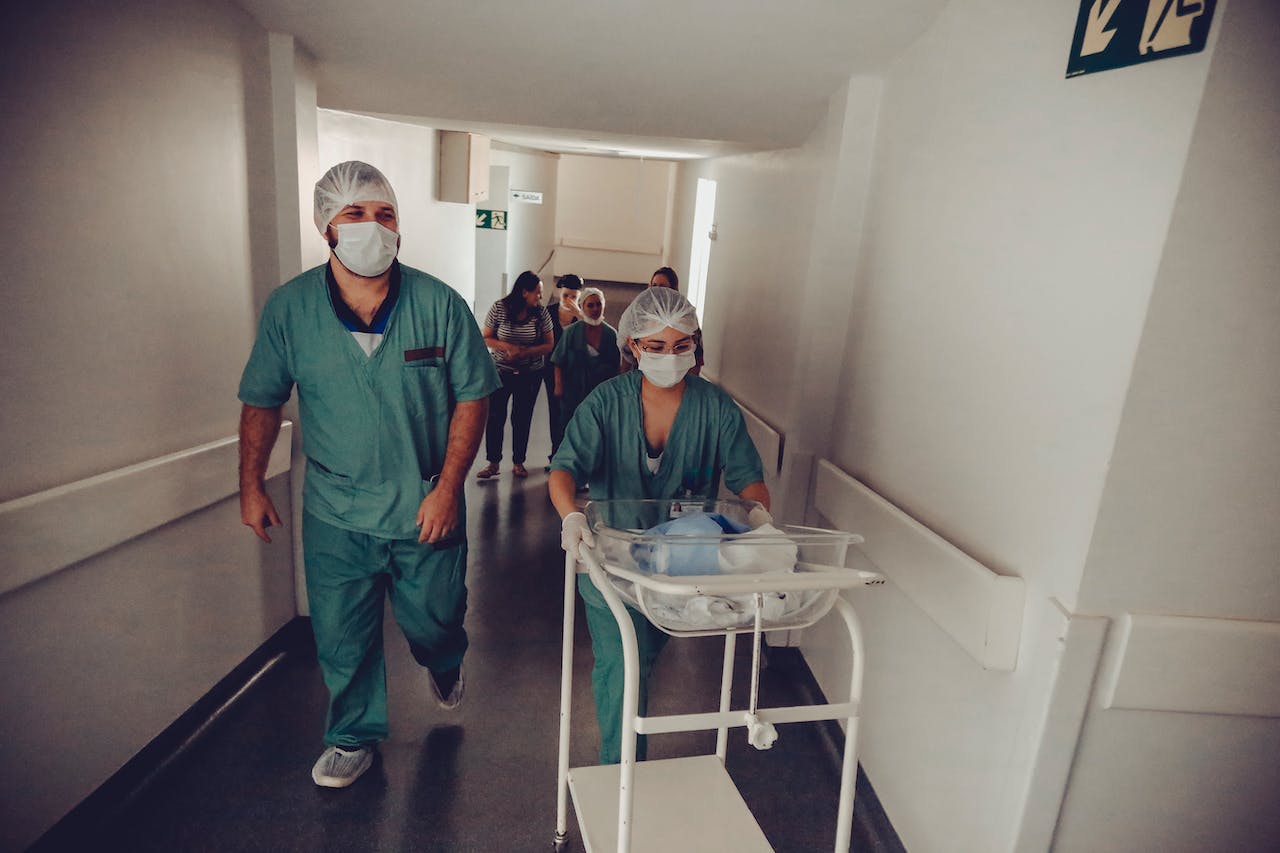Military wives, who often face particular difficulties including repeated relocations, play a crucial role in supporting their husbands’ service. The chance to get free training is a priceless chance for military spouses who want to work in the medical industry. This article will teach you how to take advantage of free training programs for military spouses to start a rewarding career in medicine.
1. MyCAA Program: Fueling Your Medical Career Aspirations
Free certifications for military spouses are available through the partnership program between the Military Spouse Career Advancement Account (MyCAA) and Stepful. Under this program, qualifying spouses may receive up to $4,000 in financial aid toward the acquisition of licenses, certificates, or associate degrees in high-demand professions such as healthcare. You have to be married to an active-duty service member in one of the designated pay grades to participate. After you’re qualified, you may look into a range of medical training courses, including those in medical coding, phlebotomy, medical assisting, and pharmacy technician.
2. Military Spouse Employment Partnership (MSEP): Bridging the Gap in Medical Careers
A Department of Defense program called the Military Spouse Employment Partnership (MSEP) links military spouses with companies that are dedicated to employing and keeping them. Spouses who want to pursue professions in healthcare may find MSEP to be a great resource since many of its partner firms provide medical training programs. You may connect with a network of companies via MSEP who are aware of the difficulties military spouses encounter and who actively encourage their career growth. Hospitals, clinics, and other healthcare institutions that value the abilities and resiliency that military spouses bring to the table are part of this network.
3. State-Based Initiatives: Unveiling Local Training Opportunities
States may help military spouses seeking medical training via their efforts, in addition to federal ones. State-based initiatives often work with nearby universities, community colleges, or technical colleges to provide free or heavily subsidized training programs in healthcare-related disciplines. Look into the resources in your present or prospective location, taking into account state-specific initiatives designed for spouses of military personnel. Numerous efforts are designed to tackle the particular difficulties brought about by frequent moves, offering adaptable training programs that suit the nomadic lifestyle of military families.
4. Online Training Platforms: Flexible Learning for Military Life
A multitude of online training systems that provide accessible and adaptable educational alternatives have emerged with the advent of the digital age. Regardless of where they live, military spouses may utilize these platforms to seek free or inexpensive medical education from the comfort of their homes. Look into trustworthy online resources that provide high-quality medical training programs by collaborating with academic institutions or business professionals. Online courses provide a wide range of healthcare-related topics, from medical billing and coding to healthcare management.
5. Community College Partnerships: Affordable Pathways to Medical Careers
Community colleges usually work with governmental bodies, nonprofits, and business associates to provide military spouses with training programs that are reasonably priced. The goal of these collaborations is to remove financial obstacles and provide easily accessible routes to professions in the medical industry. Look for community institutions that serve military spouses in the vicinity of your current or prospective service station. Programs in medical assistance, nursing, medical administration, and other healthcare-related subjects are often offered by these universities.
6. Nonprofit Organizations: Serving Military Spouses in Healthcare
Supporting military spouses who want to work as doctors is the focus of many charity groups. These groups provide free or heavily cheap training programs in partnership with industrial partners, healthcare providers, and educational institutions. Seek for NGOs that provide help to military spouses and healthcare in particular. These groups could provide grants, scholarships, or direct enrollment in training courses.
Conclusion
Many programs now offer free or low-cost medical certifications for military spouses that can help you kick-start a medical career. By knowing how to find and use these programs, you may get over financial obstacles and make use of specially created support services that are intended to deal with the particular difficulties that military spouses encounter. It is not only a potential that you may pursue a healthcare career; it is a real and present reality. Seize these chances and set off on a route that will lead to a successful and influential career in medicine.




